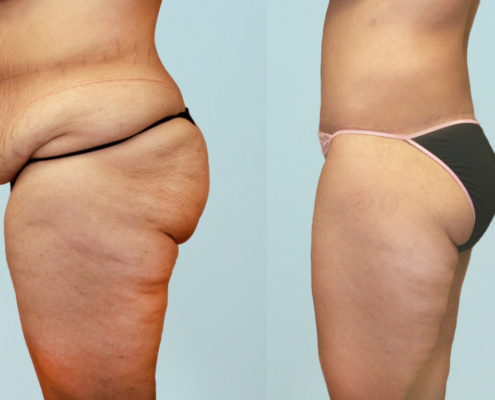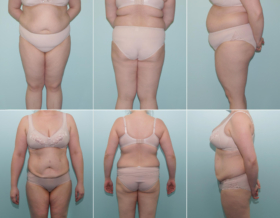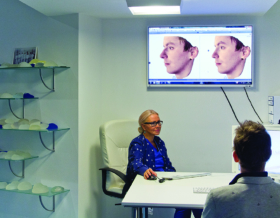gastric bypass (ingl)
Gastric bypass surgery is decreasing the volume of the stomach and slowing down the absorption of food by diverting the food past a large part of the stomach.
Gastric bypass surgery helps to:
- reduce quantities of food
- lose appetite for harmful food (e.g. containing refined sugar or fats)
- feel the sense of fullness longer
- lower weight for an extended period
- lose about 70% of the excess weight
- reduce obesity-related medical problems
The gastric bypass suits patients who:
- have the body mass index of 40 or above
- have the body mass index of 35 and above, but serious comorbid diseases (such as diabetes, hypertension, sleep apnea, metabolic syndrome, etc)
- have tried to lower weight with regular diet and workout, but have not achieved results despite the effort
The surgery is performed laparoscopically, which leaves minimal scars. Small cuts are made in the abdomen through which a camera and instruments are inserted. A large section of the stomach is stapled off and a small pouch is created. The pouch is attached to the intestine in a way that food bypasses a large part of the stomach. As a result a sense of fullness is created faster and the absorption of food is slowed down.
Weight loss with the help of the gastric bypass surgery is a fast and effective process with excellent results. Also weight loss with this technique is the largest.








